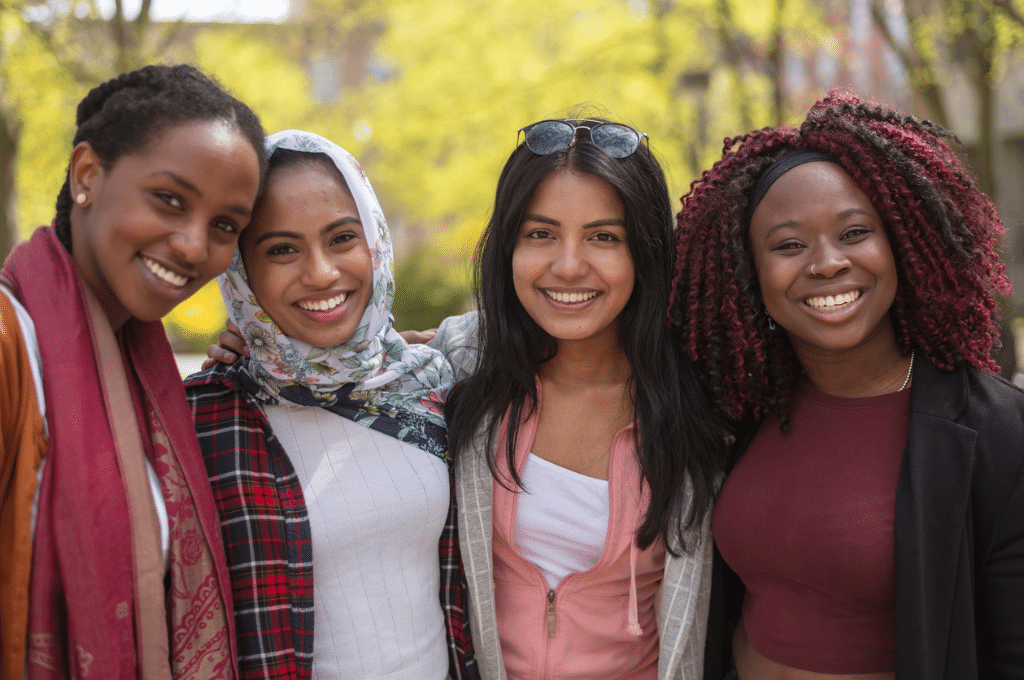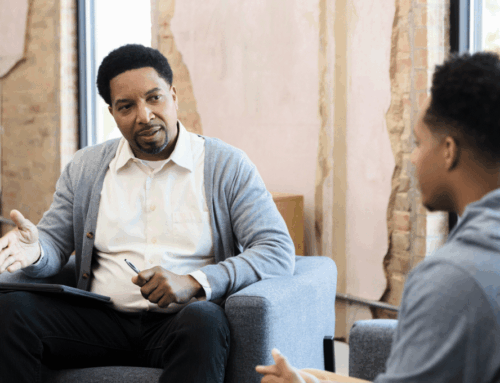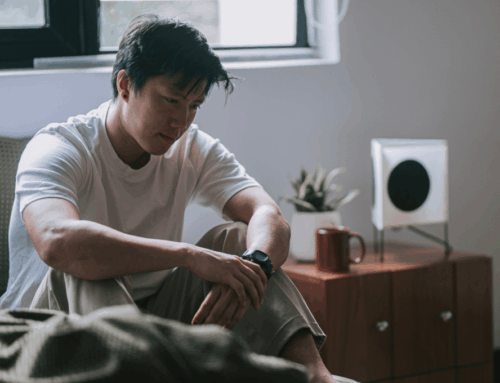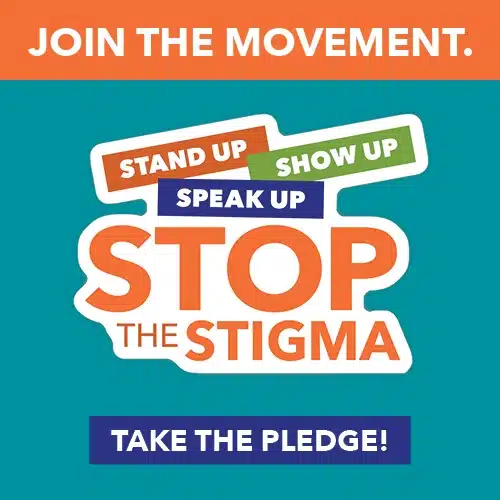Our lives are deeply intertwined with the environments around us. Who and what we are surrounded by impacts our mental health and overall wellness. In particular, Black, Indigenous, and people of color (BIPOC) populations are faced with disproportionate amounts of historical trauma and displacement that have challenged how these communities remain sustainable and continue to thrive.
Each July, we honor the legacy of author, advocate, and trailblazer Bebe Moore Campbell through National Minority Mental Health Month. Through her written work and advocacy efforts, Moore Campbell delves into the complexities of cultural identity, community dynamics, and interpersonal connections. This year, Mental Health America outlined the theme of “Culture, Community, and Connection” to highlight the impact of environment on community and the need for strong connections in minority communities.
Throughout history, BIPOC communities have carved out culturally responsive spaces that give room for individuals to feel connected with their communities and maintain physical and psychological safety. These spaces of support include cultural hubs, community gardens, community care systems, social clubs, art collectives, sports teams, and more. However, many BIPOC communities have faced forced relocation and removal that has distanced them from their loved ones, cultural practices, languages, and sense of identity. This can impact their ability to access services, feel secure, and have positive mental health outcomes.
A sense of belonging and inclusion in communities is vital for well-being and mental health. BIPOC individuals may frequently feel othered or as if they are tokenized in spaces in which their identities are not embraced or reflected. Individuals who have strong connections to their communities have better mental health outcomes, including lower rates of suicide, violence, and feelings of isolation.
In many ways, BIPOC communities have had to look out for themselves and for each other in order to simply survive the systemic racism that most still face to this day. No one knows a community better than those within the community itself. BIPOC communities are rooted in collectivist cultures, which recognize that each person’s health and wellness is deeply interconnected with their community’s. When one person seeks to take care of their mental health, it has an impact on the wellness of the community at large.
If you or a loved one are struggling with mental health, Oaks offers caring, compassionate programs for adults, children and families living with a mental illness. Our programs throughout New Jersey give individuals the opportunity to make healthy choices, stabilize symptoms of illness and eventually reach his or her full potential. To learn more about Oaks services or schedule an appointment, take the first step and call our Access Center at 1-800-963-3377.










